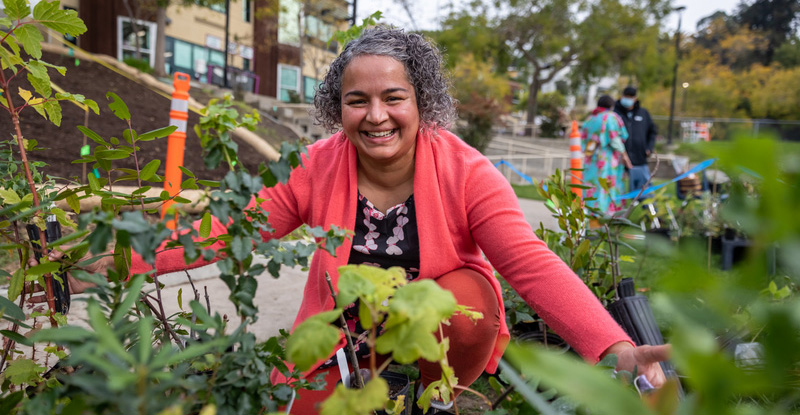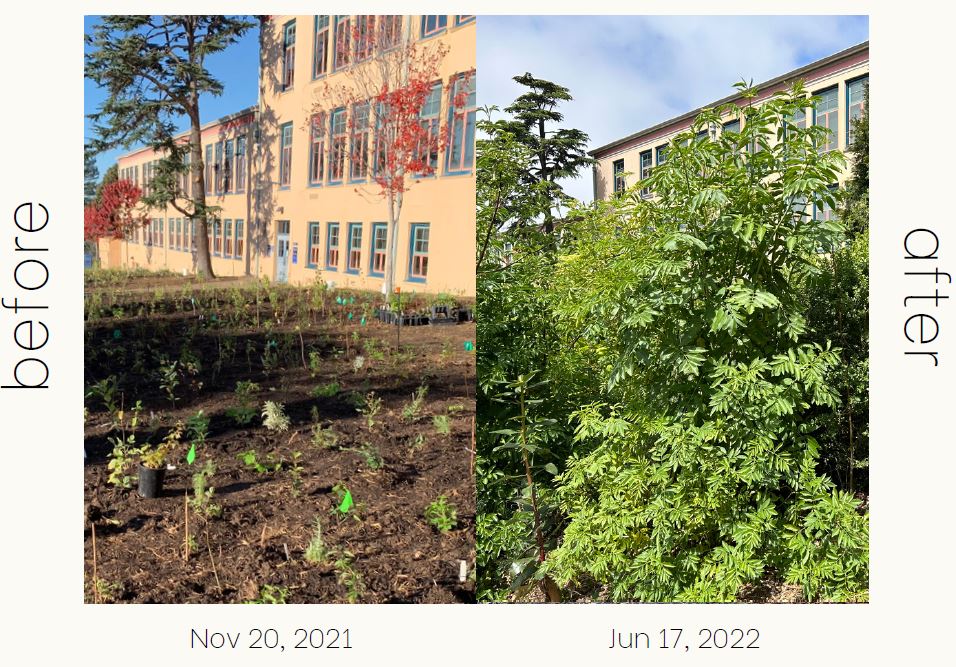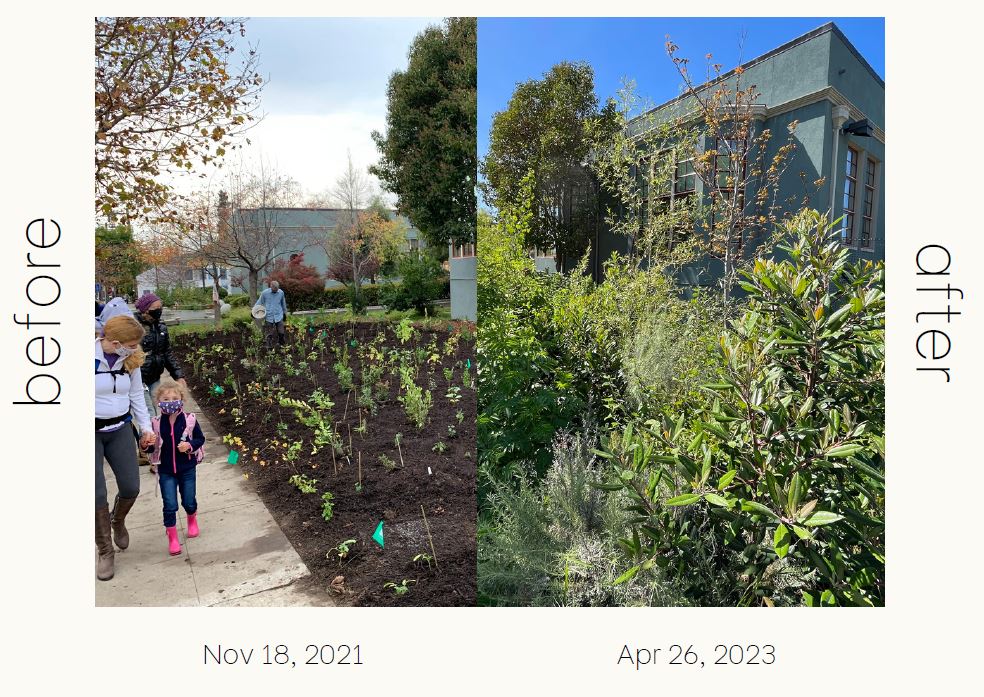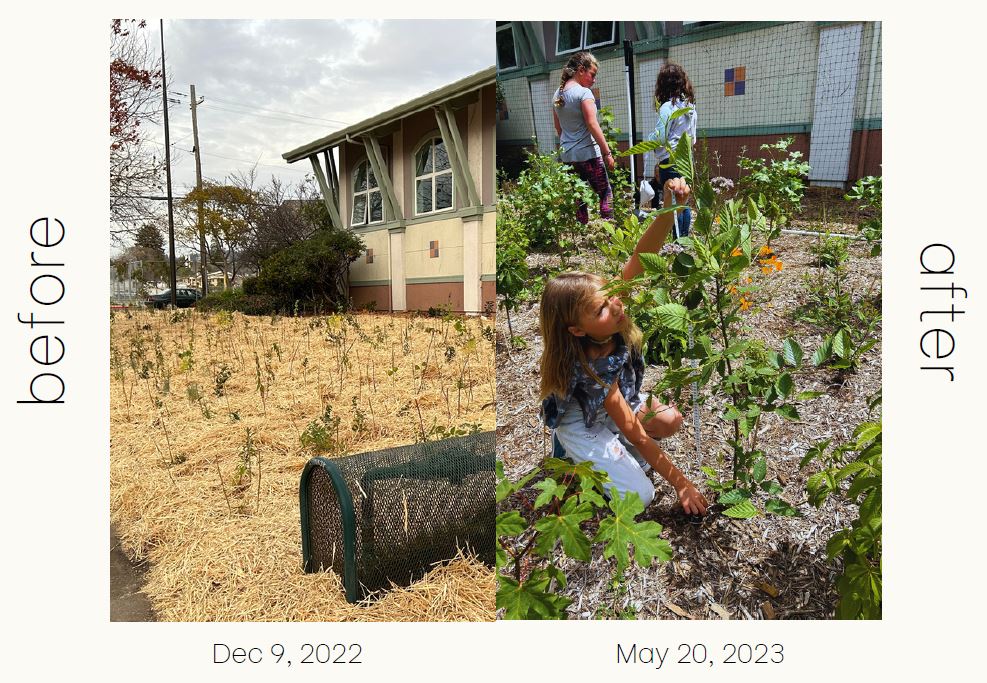
Neelam Patil, M.Ed, MFA, Program Director and Lead Climate Literacy Educator
We green urban spaces using the Miyawaki method while empowering children to tackle climate change with cutting edge nature based solutions
The Miyawaki method is an ultra-dense planting method by which you can grow a 100-year-old forest in just 10 years. It utilizes all native species so is specific to every micro climate. Millions of trees have been planted around the world using the Miyawaki method. It was created by Japanese botanist, Dr. Akira Miyawaki.



Impact Highlights
Trees Planted
3,645
Land Reforested
13,366
Volunteers engaged
3,045
Green Pocket Forests aims to rebuild urban areas and heal the community at the same time. To us, every Miyawaki forest is an opportunity to inspire local action. Working with children and local volunteers, we create space for nature and biodiversity in deforested urban areas.
Miyawaki Forests Benefits:
- Ultra-dense planting method of only native saplings
- Grows 10 times faster
- Stores 30 times more carbon
- Generates 100 times more biodiversity than conventional forests
- Drought tolerant – little to no watering required after 3 years
- Low maintenance after planting
- Enhances soil biology and mycelium saturation
- Average of 90% survival rates
- Self-sufficient ecosystem after 3 years
- Forests grow very densely, on average a higher leaf density per square inch
Plant a Forest with us:
Press Coverage
TIME Innovative Teachers list 2022
Educational climate literacy readies young people for understanding, action
Berkeley Schools Look to Plant Trees (NBC Bay Area News)
Berkeley Schools Sow the Seeds of Climate Change
Berkeley science teacher wins Time magazine innovative teaching award
‘An unstoppable force’: Neelam Patil named a TIME Magazine Innovative Teacher
